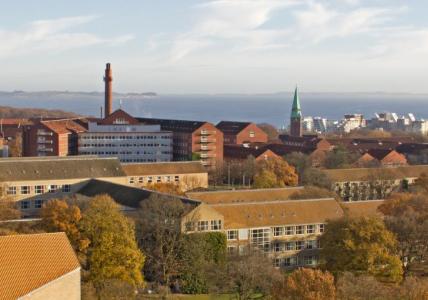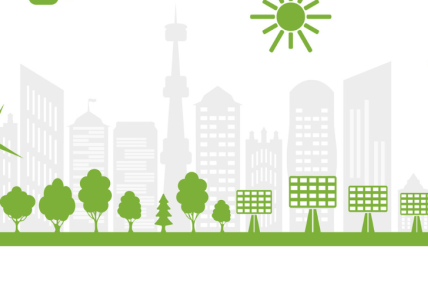Biodiversity and Climate Resilience in North Sea Coastal Regions -BioNeK
Progressing climate change, demographic, societal and socio-economic structural change necessitate a transformation of economic practices - especially in the agricultural sector. In intensively used grassland regions, the pressure for transformation is increasing, especially due to increasing structural changes, resulting in new requirements for the management of agricultural land. Increasing species diversity, primarily phytodiversity, at different levels (landscape, farm, area) is of particular importance. The goal is sustainable and regionally adapted farming concepts that integrate more biodiversity to stabilise production under changing climate conditions. The project develops scenarios for transformative processes for the expansion of biodiversity in grassland on selected farms in the North Sea coastal regions, which are strongly characterised by grassland farming. Their transferability to the regions will also be conceptualised and exemplified.
In doing so, the limits and possibilities of a transformation of rural areas, especially regions characterised by grassland use, in the North Sea coastal region towards more biodiversity under consideration of climate change are to be explored. The aim is to develop resilient and sustainable regionally adapted economic systems that either tolerate and integrate more biodiversity or use more biodiversity to stabilise production under changing climate conditions.
University of Göttingen
- Agricultural Science Actors experienced in coastal grassland dairy production
- Local coastal authorities or agricultural associations with local networks of grassland dairy farmers
- Partners from all countries in the North Sea program are welcome, especially from France, the Netherlands, Belgium and Norway


